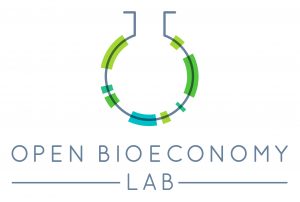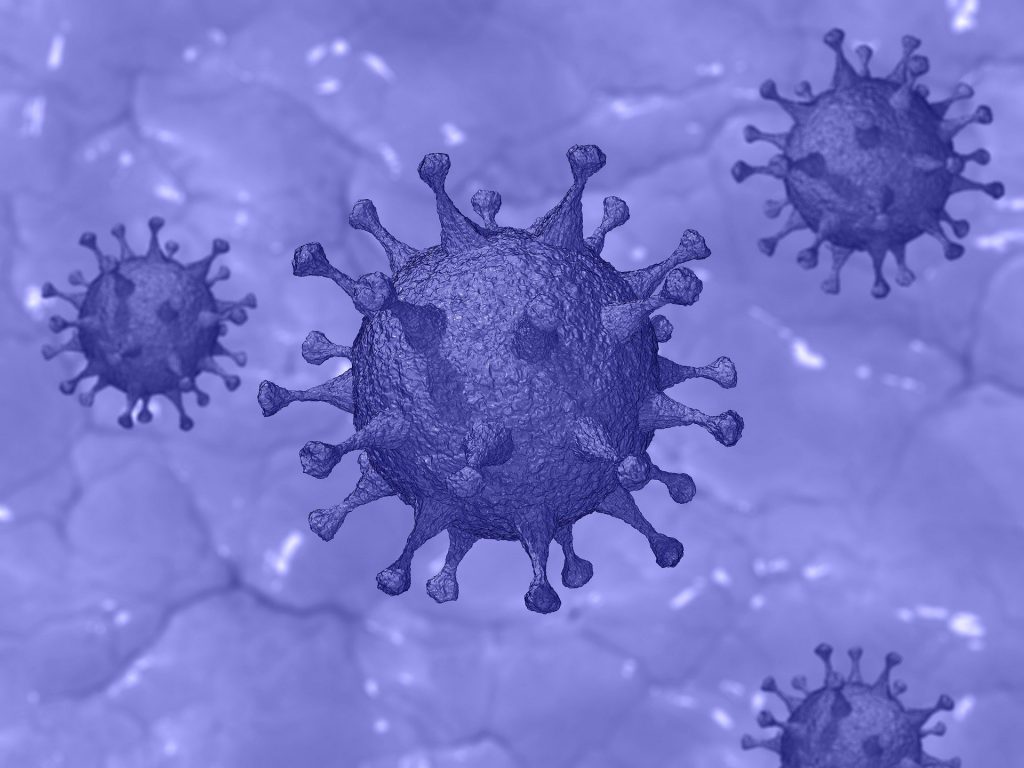A new pre-print article in SSRN features Jenny Molloy from Open Bioeconomy Lab and collaborators from the Institute for Manufacturing at the University of Cambridge.
Intellectual property (IP) with its associated formal rights, such as patents, design rights, trademarks, copyright and informal IP, such as trade secrets and know-how, is essential in today’s innovation economies and of great concern for organisations engaged in innovation systems. However, Intellectual property (IP) is not an issue at the top of everyone’s mind during a pandemic. In “Crisis-Critical Intellectual Property: Findings from the COVID-19 Pandemic” we argue that IP deserves timely consideration by governmental, corporate and academic decision makers because during the COVID-19 situation we are seeing a plethora of “Crisis Critical Technologies” that are or could be covered by IP and need to be rapidly developed and distributed globally at unprecedented scale. These include, amongst others, digital innovations ranging from complex epidemiological models, artificial intelligence (AI) methodologies, personal protective equipment (PPE), diagnostics, treatments, vaccines and medical devices such as ventilators.
Both existing IP and IP associated with innovations developed often openly / collaboratively during the pandemic can be a risk for technology designers, manufacturers and many other stakeholders such as universities; we have already seen concerns and uncertainty around patent infringement in the COVID-19 response with licensing being discussed as a major challenge. IP could therefore have a profound effect on our ability to urgently mobilise resources effectively in periods of global crisis. Our work identifies four stakeholder groups that are or should be particularly concerned with IP related challenges, taking as an example the many initiatives making additional ventilators to equip intensive care units strained by high numbers of COVID-19 admissions. These include (i) governments, who are often in need of critical supplies and must make decision about deployment of IP-related legal powers e.g. compulsory licensing of patents; (ii) incumbents in the crisis-critical sectors owning existing Crisis-Critical IP e.g. existing ventilator firms such as Medtronic; (iii) manufacturing firms from other sectors (non crisis-critical sectors) with complementary capabilities and resources, who are rushing to help by repurposing production lines e.g. Airbus and F1; (iv) voluntary grassroot initiatives e.g. the Open Air Project, OVSI and many other teams of highly skilled engineers and scientists who are collaborating remotely on open source ventilators.
The users and uses of IP outlined above are not completely unique to crises but the speed and scale at which they occur is characteristic and the IP approach taken must take this into account. In the paper we highlight three approaches that are emerging during the COVID-19 pandemic and have been deployed in other crises to avoid Crisis-Critical IP becoming a barrier to rapid responses.
- Compulsory licensing is one approach already taken by a few governments like Canada, Israel, Germany, Chile and Ecuador for COVID-19 treatments. This means that firms using protected IP are issued patent licenses by the government and the patent holder is unable to enforce their patents in a respective country, with the IP holder however typically being reimbursed by the government through some form of royalties.
- Voluntary licensing means that IP holders freely choose to make their IP available, the primary approaches being patent pledges and patent pools.
- Patent pledges are a public statement by one or more IP holders that others can use their IP, usually with some limitations. An example is the Open COVID Pledge and its template licences that enable royalty-free use of IP for the purposes of addressing COVID-19 up until one-year after the WHO declares that the pandemic is over. Another is Medtronic’s pledge for their Puritan Bennett 560 ventilator design. Pledges are a simple mechanism that can be deployed quickly with minimal coordination, with coordination through complex licensing negotiations typically risking to delay rapid responses.
- IP pooling involves firms making specific IP available to a restricted group of companies only (e.g., a consortium) or to all interested firms that want to use it. Pools require coordination between firms and third parties which decreases their speed with which these can be deployed. Costa Rica has advocated to the WHO for a patent pool along the lines of the Medicines Patent Pool for HIV and Hepatitis C drugs but pools were not successfully enacted for earlier epidemics such as SARS and H5N1 influenza despite similar calls at that time.
Uptake of voluntary mechanisms and even entirely open source approaches have been significant in terms of numbers of firms, institutions, patent holders and groups taking steps to removing barriers posed by their IP in the fight against COVID-19. The true effect will take time to emerge and will require careful assessment of the most vital industries for tackling the pandemic e.g. technology, pharmaceuticals and medical devices. These dominate the patent landscape as demonstrated by an initial patent analysis carried out as part of this study.
In summary, global crises on the scale of COVID-19 fundamentally alter our economic and industrial systems both in the time of crisis and potentially far beyond its end. IP should be considered as an important factor in determining the speed and scale of a crisis response and we have identified scenarios and approaches for dealing with Crisis-Critical IP that IP holders and policy makers should consider in formulating their responses during such unprecedented times.


